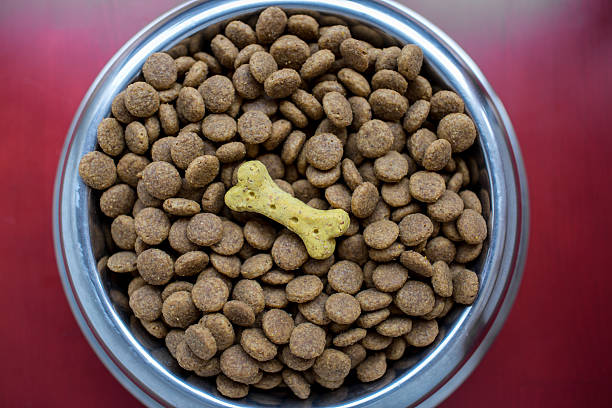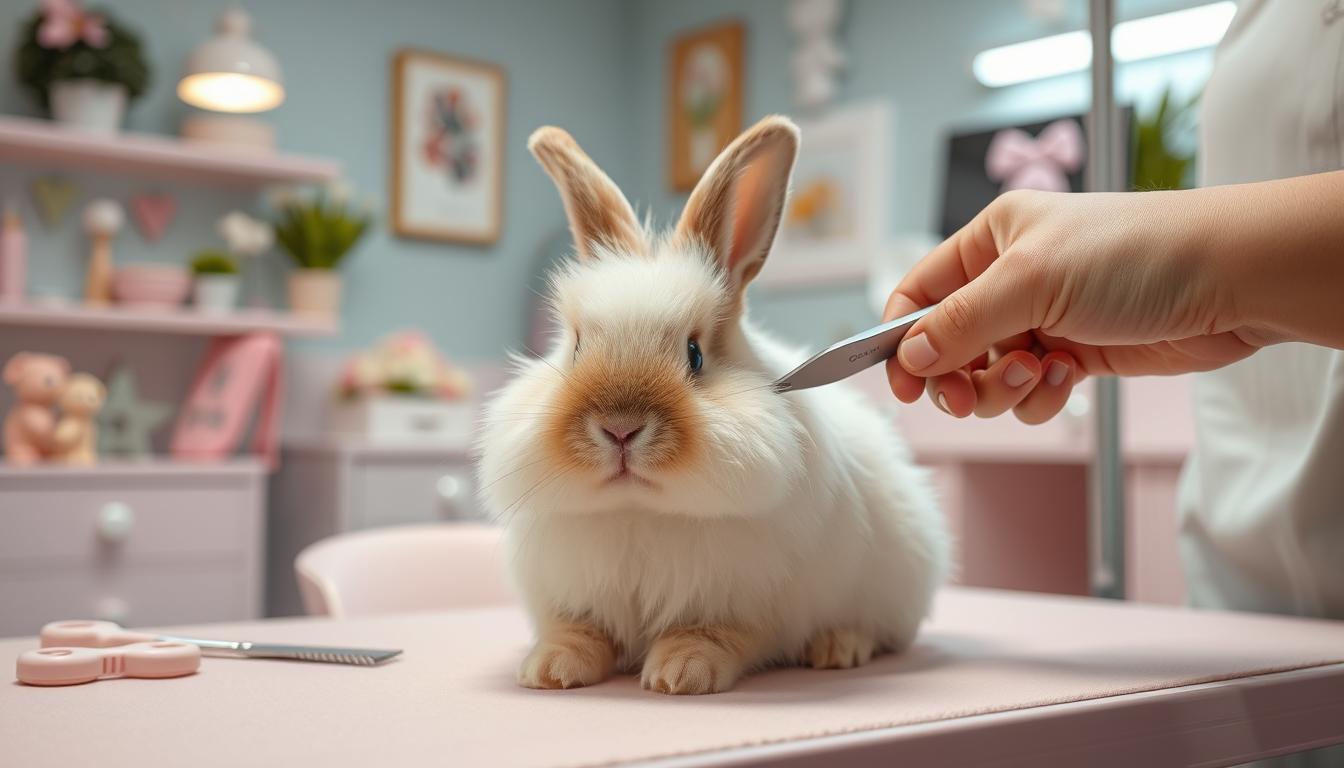Best Small Dog Food: Complete Guide to Choosing the Right Nutrition

Introduction
Feeding your small dog the right food is crucial for their health, energy, and longevity. Unlike larger breeds, small dogs have unique dietary needs due to their fast metabolism and smaller stomachs. Whether you have a Chihuahua, Pomeranian, Yorkie, or Shih Tzu, choosing the best small dog food ensures they stay active and happy.

Why Do Small Dogs Need Special Food?
Small breeds require food that is:
- Nutrient-dense
- Easy to chew
- Rich in calories (in smaller portions)
- Packed with high-quality proteins and healthy fats
Their little bodies burn energy quickly, so they need meals that support their energy levels, immune system, and overall health.
Benefits of Feeding Small Breed Dog Food
- ✅ Tailored Nutritional Needs
Formulated with appropriate calories, vitamins, and minerals. - ✅ Smaller Kibble Size
Easier to chew and digest for tiny jaws. - ✅ Supports Healthy Weight
Helps maintain ideal body condition and prevent obesity. - ✅ Improves Skin and Coat
Rich in omega fatty acids for healthy skin and shiny coat. - ✅ Boosts Energy and Vitality
High-quality ingredients fuel your dog’s active lifestyle.
Key Ingredients to Look For in Small Dog Food
When selecting food for your small breed dog, look for:
- 🐔 Real Animal Protein – Chicken, turkey, lamb, or fish as the first ingredient
- 🥦 Wholesome Vegetables and Fruits – For vitamins, fiber, and antioxidants
- 🌾 Whole Grains or Grain-Free Options – Based on your dog’s sensitivity
- 🧬 Added Probiotics – Support healthy digestion
- 💊 Essential Fatty Acids – Promote brain development and coat health
Wet vs Dry Food: Which Is Better for Small Dogs?
- Dry Food (Kibble): Great for dental health and easy storage
- Wet Food (Canned): More palatable and hydrating, ideal for picky eaters
- Combination Feeding: Offers the benefits of both types
Choose what suits your dog’s taste and health needs best.
How Often Should Small Dogs Be Fed?
Small dogs should eat:
- 2–3 small meals per day
- Avoid overfeeding to prevent weight gain
- Always provide fresh water
Consistent feeding times help with digestion and behavior.
Conclusion
Choosing the right food for your small dog is one of the most important steps in ensuring a long, healthy life. Look for high-quality ingredients, smaller kibble size, and a balance of protein, fats, and nutrients. Each small dog has its own needs, so consider age, weight, activity level, and any allergies when selecting the best small dog food.
Consult your vet for personalized recommendations and always transition to new food gradually.
SEO Keywords
- Small dog food
- Best food for small dog breeds
- Small breed dry dog food
- Healthy food for small dogs
- High-protein small dog food
- Top-rated small dog food
- Affordable food for small dogs
FAQs
Q1: What is the best food for small dogs?
A1: The best food includes high-quality proteins, healthy fats, and essential nutrients tailored to small breed needs. Brands like Hill’s Science Diet, Royal Canin, and Blue Buffalo offer great options.
Q2: Can I feed my small dog regular dog food?
A2: It’s better to choose food made specifically for small breeds, as it’s easier to digest and more energy-dense.
Q3: How much should I feed my small dog?
A3: This depends on your dog’s weight, age, and activity level. Generally, small dogs eat 1/2 to 1 cup of food per day split into two meals.
Q4: Is wet food better than dry food for small dogs?
A4: Both have benefits. Wet food is more hydrating, while dry food helps clean teeth. Many owners use a combination of both.
Q5: Are grain-free diets good for small dogs?
A5: Grain-free diets may be beneficial for dogs with sensitivities, but always check with your vet before making the switch.



